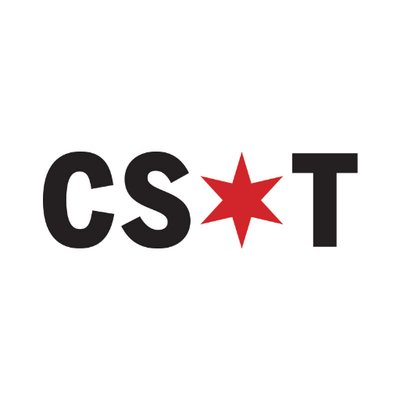



The City Council is being asked to revive an underground warehouse development on the Southeast Side that’s being pushed by the Ozinga family.
After a city zoning official ruled last year that the project ran afoul of Chicago’s ban on mining operations, it appeared that the Ozingas — owners of the namesake concrete and materials business — had little choice but to give up on the site near East 112th Street along the Calumet River.
Now a pair of alderpersons are appealing to their Council colleagues to bail out the project, though it’s unclear whether there’s support.
Ahead of Wednesday’s Council meeting, Ald. Peter Chico (10th) filed an ordinance that would amend a city zoning law, potentially allowing an exemption for mining at the Ozinga project known as the Invert.
The Invert project has been promoted for the past three years, though no applications were submitted to the city to proceed. Rather, the Invert staff have tried to sway community support.
The proposal is massive and unique, estimated to create 6 million square feet of commercial space for warehousing, light manufacturing, data centers or other uses.
Chico didn’t respond to requests for comment.
Ald. Gilbert Villegas (36th) said he’s co-sponsoring Chico’s measure and sees the Invert as a “huge economic development opportunity for the city.”
The Southeast Side was devastated by the loss of tens of thousands of steel jobs decades ago.
The Invert would be built under 144 acres of industrial land where Republic Steel formerly operated.
The project has been controversial, and news of a possible revival of the development shocked one community activist.
“I feel like we’ve been blindsided,” said Olga Bautista, co-executive director of Southeast Environmental Task Force. “It’s disrespectful to move forward with no input from the community.”
Invert officials didn’t respond to requests for comment.
A city official was asked by a Southeast Side community group last year whether the Invert would be illegal because the development would require extensive excavation.
The answer was: “Mining is not an allowed use in any zoning district.”
The Chico measure would likely be assigned at some point to the Council’s zoning committee.
Ald. Maria Hadden (49th) said it should also be considered in the Committee on Environmental Protection and Energy, which she chairs.
“We’ll push to hear this in a joint committee,” Hadden said, noting the city’s binding agreement over a federal civil rights case related to environmental permitting. “How do we support economic development that does not set us backward?”
The federal case stemmed from another environmental controversy in the 10th Ward, the planned relocation of General Iron.
